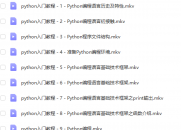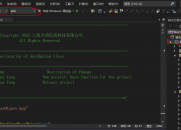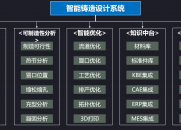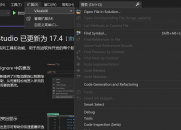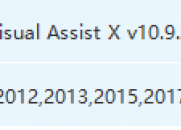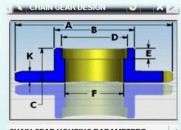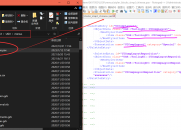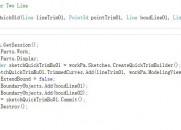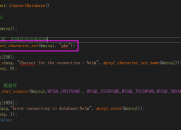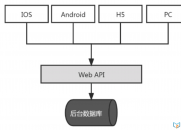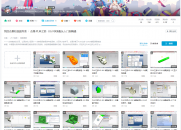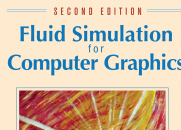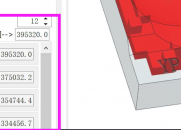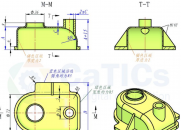|
|
这个是加载零件到内存
8 S2 e0 [& \0 X; O6 G) g% N- ]# e
. ], G/ p1 v1 t+ o. l: [UF_PART_open_quiet (view source)
3 a, m& W( A$ R: f: D
' p! n4 O* r% k! v1 m* b9 ]2 `0 w4 g$ S* }) n k
Defined in: uf_part.h9 J. z- G- f) w" D- b1 a2 j
# p, {0 g# O& Y' P% S( o/ u7 W/ x: E* N s% p: C
6 Q' D7 @9 A( \$ Z$ c. x
Overview; u! `+ y0 f; e2 u2 F
" j$ q. l& N# C; F7 L/ I4 \
( g9 J. G5 O+ N- [1 _
Retrieves an existing NX part or Solid Edge part into the session
! [$ i2 x/ }' r( E5 h. f7 ? [! ywithout making it the work and display part. Solid Edge parts (.par or % h2 z' w6 }& \4 p2 B
.psm file extension) are opened by extracting the Parasolids data from * U& b6 t; j/ v4 Z7 p, o
the Solid Edge part and then importing this data into a new ) W8 D G. k, k9 ?, H9 l8 Y
NX part with a .prt extension. The file name of the new NX
+ u1 w& `9 U, \. |- Y, [& p6 S( mpart has the Solid Edge part name and a ".prt" file extension.
7 _7 U. A' V) o+ Q( d3 A" eIf there is an existing NX part with the same name as the Solid Edge part,
4 K0 {$ f; q9 Z' O" Y# Q& t6 J4 m: pthen this function returns an error.
, R$ C U# q- M y2 b: Y
3 k$ ?2 Q7 |6 B: ?6 E
: R9 K) U3 ^" k0 H' G! c8 y* ~ S- H9 g9 }- l) t
Environment# I" W! g) t3 H* j& u- r$ O
5 |# g6 N4 g7 j+ R( u) y0 e5 R/ G! ^8 k- {4 C0 {; H& C
Internal and External
0 {& W' r8 N) H9 c6 H% Z! z+ p
$ `; [. E" ]8 }" s9 d7 q0 [$ U4 Y. ^ a4 l2 |
- }& q3 X* N: g* O5 ]History
5 B$ A/ [$ s; a) A2 W" d7 g8 x( N- ]5 M, B( p: O
( X- l) u0 b5 K
In V15.0, this function was enhanced so that it could open Solid Edge ' n( _$ s3 `" t% c# ?0 M3 K
parts. $ ~: r/ ?$ Q0 Q! Q
9 P5 ?( O# D6 e
. p' k% Q+ I, p
, \ |& w, U0 D* |3 v$ j+ d
Required License(s)
. h+ }1 B; }/ u: `. O- I2 P
; u+ T5 I: n: L/ m, n' Y u* _" s* P+ e& @% ? b, M
gateway4 H8 z5 s8 B5 N. T
" @ B6 A8 {( k8 q) C
3 i4 x$ L& d/ f! x
' V- @ ?5 s& H/ |
* G' j5 I* ?. ]; |$ z' _
int UF_PART_open_quiet
1 L- [. X% [# Y: j(; M$ _7 P4 n9 w5 M; g! N( V
& n& q" l& M) g5 K: o6 i# y8 o
const char * part_name,
6 y; p* f/ Z) T) Ttag_t * part, ' d, {# E; d3 u0 m2 [7 J5 Z$ r
UF_PART_load_status_t * error_status
9 u \: `2 _6 P* U. u4 m& o2 P/ b m5 E, c; s
)
5 Q4 e: n, Y$ |6 Z [7 ~2 d/ A& S6 c3 t
const char * part_name Input Name of part to retrieve. ! ^$ Q- Q( M6 U+ j8 N+ G6 O
tag_t * part Output The tag of the retrieved part or NULL_TAG if part ) W7 C7 _% u- |) x% Y. }+ P, {
retrieval fails.
) _5 F! x! c/ W% a UF_PART_load_status_t * error_status Output to UF_*free* The user allocated structure
6 X, f; I" H' m, k o <error_status> is filled with the names + _, V5 r% m! o' ?
and associated error codes of any parts
9 D3 i: ]4 p' k2 P# m9 f. o. Z: V that did not load correctly. The
' [9 m s e8 Q4 c$ f! a4 ^ structure must be freed with UF_PART_free_load_status. 4 S8 a( S: H7 f, n1 X) O& l% M+ _
For details see the definition 2 L1 o0 j3 P3 T) q+ _! N3 T
of UF_PART_load_status_t.
5 V8 s( t6 g+ }9 F% s5 h1 M |
|
